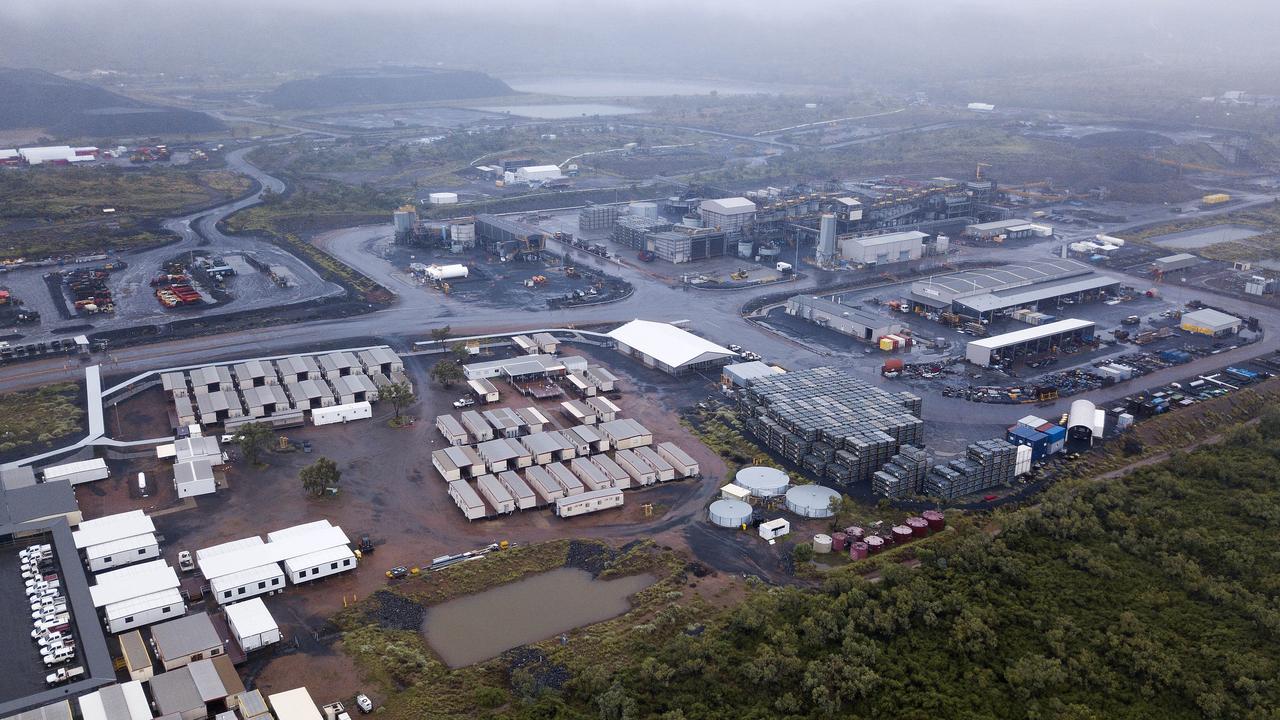Dugald River mine at Cloncurry cleared to return to operations
A north west Queensland mine where two workers died five weeks has been cleared to restart operations.
QLD News
Don't miss out on the headlines from QLD News. Followed categories will be added to My News.
An underground mine in Cloncurry has been cleared to restart operations five weeks after a tragic collapse that claimed the lives of two workers.
Dylan Langridge, 33, from Bundaberg, and Trevor Davis, 36, from Pimpama on the Gold Coast, died after their vehicle fell down a void within a previously backfilled stope at the Dugald River underground mine on February 15.
The mine, run by Hong Kong Stock Exchange listed MMG, ceased operations amid the incident and ensuing investigation.
But the company, in an announcement to the Hong Kong Stock Exchange (HKSE), confirmed it had been given the greenlight to recommence operations from March 21.

This comes after Perenti, parent company of the mining services business which employed the workers involved, revealed it had set up a “safety transformation taskforce” in the aftermath of the incident.
MMG interim chief executive Li Liangang, in the HKSE statement, said the Queensland Mines Inspectorate had greenlit the recommencement of operations at Dugald River.
“MMG would like to sincerely acknowledge the strong support and commitment the Dugald River operation has received from the local community and contract partners,” he said.
“The safety and wellbeing of our people remains our first priority and the Company has made additional support available as underground operations recommence.”
Perenti, in its announcement to the ASX, revealed last week it had set up a safety taskforce made up of members of the company’s board and executive along with two globally recognised safety experts Peter Wilkinson and Professor Sidney Dekker.
Prof Dekker is the director of the safety science innovation lab at Griffith University in Brisbane. He has recently worked with Boeing on the 737 Max disaster.
Perenti chief executive Mark Norwell said the company had been “focused on providing support” to the families of the workers involved in the incident, with the establishment of the taskforce to support the company “deliver further improvement” to safety.


Early investigations by Resources Safety and Health Queensland (RSHQ) show the cavernous hole or “stope void” was caused due to “bogging operations” on the level below where the men were working.
In underground hard-rock mining horizontal tunnels are excavated to access the ore. The incident at Dugald River mine occurred 125m underground, with the next level further down at 150m.
A “stope” is created when rubble falls into the vertical hole created by a safe and controlled explosion prepared with the help of a drilling rig.
Removing material from the stope is called “bogging”.
It is “unknown at this stage” why bogging operations were being carried out according to the RSHQ.
Investigations are ongoing.
Originally published as Dugald River mine at Cloncurry cleared to return to operations




